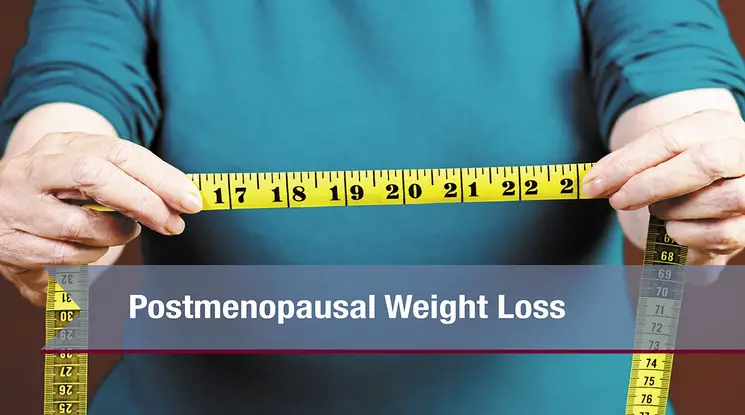As women transition into the postmenopausal phase of life, they often find themselves facing a new set of challenges, particularly when it comes to weight management. The hormonal changes that accompany menopause can lead to shifts in metabolism, muscle mass, and fat distribution, making it more challenging to maintain a healthy weight. In this blog, we will discuss into the intricacies of weight management for postmenopausal women, exploring the unique obstacles they face and offering practical strategies for maintaining optimal health.
Understanding the Postmenopausal Challenge
Menopause marks the end of a woman’s reproductive years, typically occurring in her late 40s to early 50s. During this transition, the body undergoes significant hormonal changes, including a decline in estrogen levels. This hormonal shift can result in a redistribution of fat, with a tendency for it to accumulate around the abdomen rather than the hips and thighs, as commonly seen in premenopausal women.
Metabolic Slowdown
One of the primary challenges postmenopausal women face is a slowdown in metabolism. As estrogen levels decline, the body’s ability to burn calories efficiently diminishes. This metabolic shift can lead to weight gain, especially if dietary and lifestyle habits remain unchanged. The combination of decreased muscle mass and a slower metabolism creates a perfect storm for the accumulation of excess body fat.
Muscle Mass Matters
Maintaining muscle mass becomes increasingly crucial during and after menopause. Muscle tissue is more metabolically active than fat tissue, meaning it burns more calories at rest. As women age, they naturally lose muscle mass, a process known as sarcopenia. Postmenopausal women may experience an accelerated decline in muscle mass, further exacerbating the challenge of weight management.
Strategies for Postmenopausal Weight Management
Despite the challenges, effective weight management for postmenopausal women is achievable with a combination of lifestyle modifications and targeted interventions.
- Regular Exercise: Physical activity plays a pivotal role in combating the effects of menopause on weight. Incorporating a mix of aerobic exercises, such as brisk walking or swimming, and strength training can help maintain muscle mass and boost metabolism. Aim for at least 150 minutes of moderate-intensity aerobic exercise and two days of strength training per week.
- Balanced Nutrition: Adopting a balanced and nutrient-dense diet is essential for managing weight during and after menopause. Focus on whole foods, including fruits, vegetables, lean proteins, and whole grains. Limiting processed foods, sugar, and saturated fats can help control calorie intake and support overall health.
- Hormone Replacement Therapy (HRT): For some women, hormone replacement therapy may be a viable option to alleviate symptoms of menopause, including weight gain. HRT can help rebalance hormonal levels, potentially slowing down the metabolic changes associated with menopause. However, it’s crucial to discuss the risks and benefits with a healthcare professional.
- Mindful Eating: Practicing mindful eating involves paying attention to hunger and fullness cues, savoring each bite, and avoiding distractions during meals. This approach can prevent overeating and promote a healthier relationship with food, contributing to weight management.
- Adequate Sleep: Quality sleep is often overlooked but is crucial for weight management. Poor sleep can disrupt hormonal balance, leading to increased cravings for high-calorie foods and a higher risk of weight gain. Aim for 7-9 hours of quality sleep each night.
- Stress Management: Chronic stress can contribute to weight gain, especially around the abdominal area. Incorporate stress-reducing activities into your routine, such as meditation, yoga, or deep breathing exercises, to support both mental and physical well-being.
Conclusion
Navigating weight management services during and after menopause requires a approach that addresses the unique challenges faced by postmenopausal women. By embracing regular exercise, adopting a balanced diet, and considering targeted interventions like hormone replacement therapy, women can take proactive steps toward maintaining a healthy weight and promoting overall well-being. It’s essential to consult with healthcare professionals to create a personalized plan that aligns with individual health needs and goals. With the right strategies, postmenopausal women can confidently embark on the journey of weight management, reclaiming control over their health and vitality.










